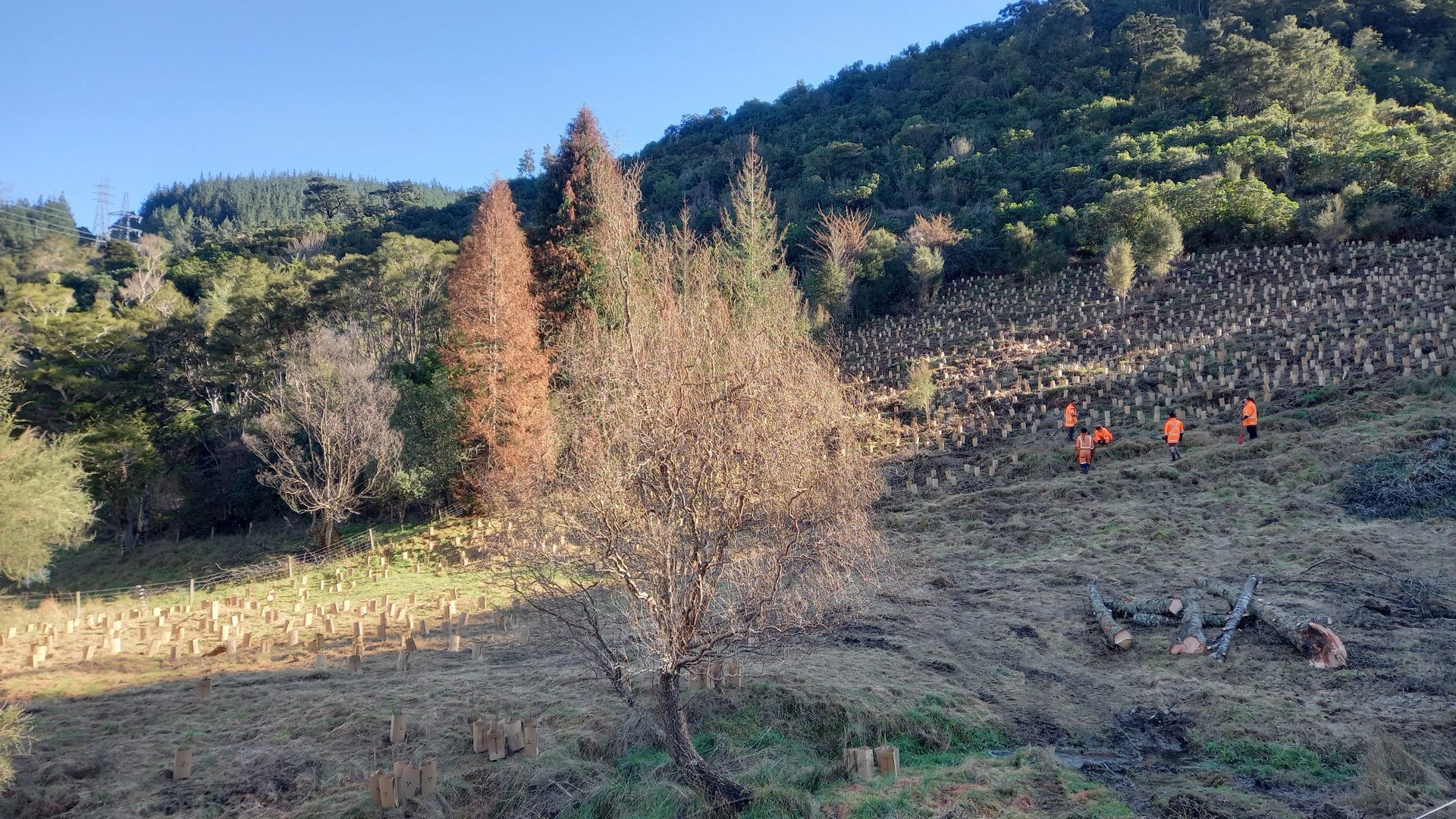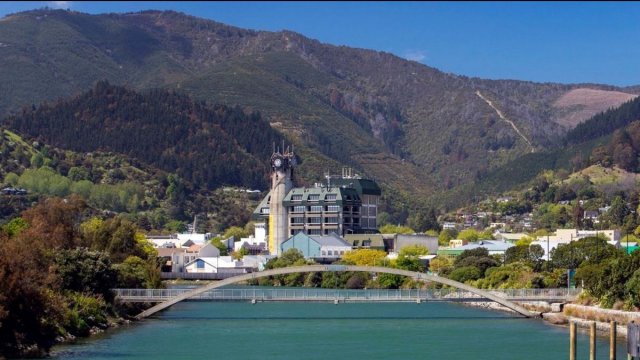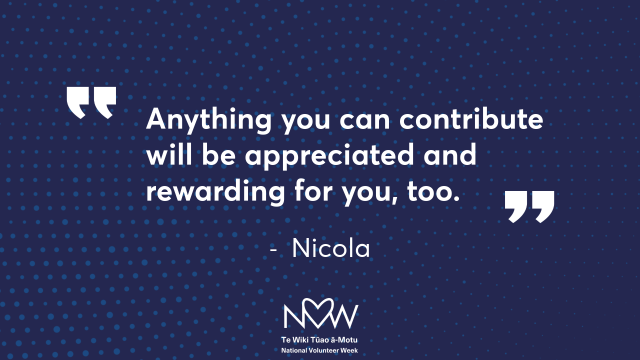$3.7m project to restore the mauri of Nelson’s Mahitahi catchment well underway
13/09/2021 3:39am
When COVID-19 hit, tourism worker Adam Haack was out of a job, until he found an opportunity to join a crew working to restore the mauri (life force) of the Mahitahi catchment, a project that received $3.7 million from the Jobs for Nature programme.
“It’s been perfect, conservation just fits with my values. I’ve learnt a whole bunch coming into this job, I’m ticking off new environmental management skills slowly but surely,” says Adam.
Over the next five years, Project Mahitahi will generate employment for around 54 people, who will plant around 125,000 plants, restore 1.3 hectares of wetlands and do comprehensive pest and plant control throughout the whole catchment. The programme is designed to help find further permanent positions for the people it employs, and that’s exactly what’s happened for Adam Haack, who has just started a new position with the Department of Conservation. As people leave the Project Mahitahi workforce, new opportunities open up for others to get involved in the programme, which has had significant interest since it began in October 2020.
The $3.7 million boost, from Ministry for the Environment and Department of Conservation’s Jobs for Nature funding, builds on work that landowners in the catchment and the wider community have been doing for many years. The New Zealand Forest Service – Te Uru Rākau has also contributed plants.
“We are making really good progress,” says Jo Martin, Manager Science and Environment at Nelson City Council. “We have planted in excess of 15,000 native plants, hosted five community events, undertaken weed control over more than 10 hectares of land, and employed 32 people working across six different host employers.
“This is the first project that Nelson City Council has co-developed and delivered with the iwi of Te Tauihu, under the guidance of the Kōtahitanga mō te Taiao strategy.”
“Project Mahitahi has given Ngāti Koāta a platform to acknowledge tupuna Ben Peneamine Hippolite who historically was denied access to this significant cultural harvesting area back in the 1950s,” says Alice Woodward, Environmental Manager at Ngāti Koata Trust.
“The iwi have paid tribute to him and his active role in gaining back this significant site by naming the Peneamine restoration project after him. Partnerships like this allow us to employ whānau to take an active role in projects that have a lot of meaning to us and restore not only the sites, but also our own connection to the whenua.”
The project is a collaboration between Te Rūnanga o Ngāti Rārua, Ngāti Koata Trust, Te Ātiawa Manawhenua Ki Te Tau Ihu Trust and Nelson City Council.
“The result of all this employment is that we are going to end up with an ecological restoration workforce,” says Martin.
“Nelson City Council are hoping that through this new trained workforce in our region we will be able to make a huge difference in the regeneration of our natural ecosystems in the coming years.”
The government’s $1.219 billion Jobs for Nature package aims to create significant environmental benefits and bring thousands of people into nature-based work to help accelerate the recovery from the impacts of COVID-19.
This year’s Conservation Week Te Wiki Tiaki Ao Tūroa (4-12 September) encouraged New Zealanders to arohia te taiao (notice nature). Projects like this one ensure there will continue to be green spaces all around the country for Kiwis to unwind and connect with nature in.
For more information about Project Mahitahi, visit nelson.govt.nz/project-mahitahi




